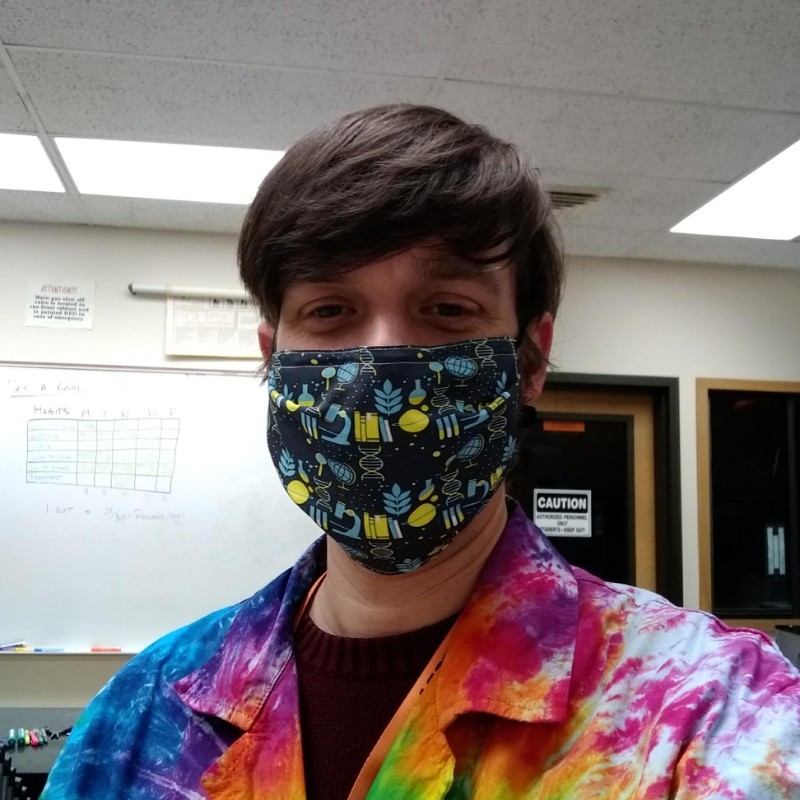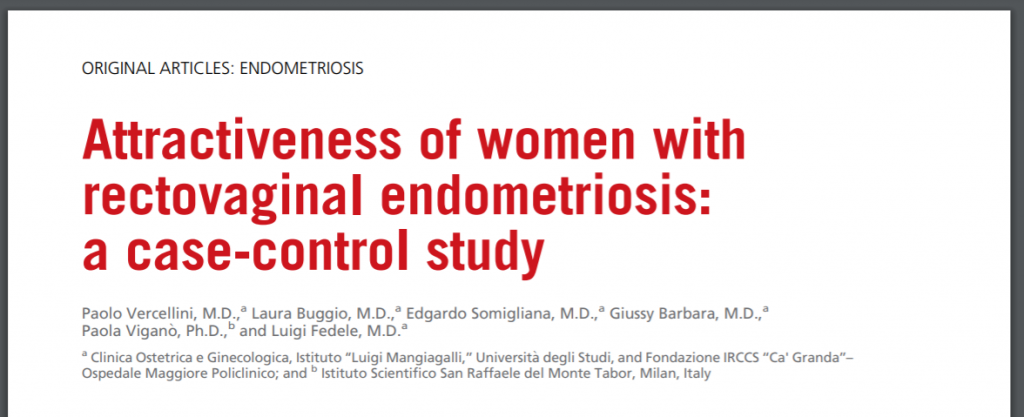A university investigation found an emeritus professor had committed research misconduct after reviewing dozens of allegations, culminating in a recommendation to retract 10 papers and revoke his emeritus status.
The Ohio State University investigated 20 manuscripts by the cancer research group of Samson Jacob after the university received allegations in 2017 of image manipulation stretching over years of work, according to a misconduct investigation report we obtained via a public records request.
The 209-page report, dated February 9, 2021, tells the story of an investigation spanning more than a decade of Jacob’s lab’s work that encountered “dishonesty” from the lab members interviewed.
After determining that Jacob had committed research misconduct, the investigation committee recommended sanctions and asked for the immediate retraction of 10 papers in addition to the 10 that had already been addressed (nine retracted and one corrected) prior to the close of the inquiry. The school revoked Jacob’s emeritus position in May 2021, the OSU Lantern reported at the time.
The investigation committee reviewed 67 allegations, but declined to probe many more concerns that surfaced for the sake of time, according to the report.
Continue reading Exclusive: OSU investigation finds dishonesty and “permissive culture of data manipulation” in cancer research lab







